Nestled along the serene bank of the Mekong River in Thailand’s Loei Province, Chiang Khan has evolved from a hidden backpacker haven into a beloved weekend escape. While the town has embraced trendy cafés and modern eateries, it remains deeply rooted in its relaxed charm and rich cultural tapestry, offering a genuine taste of Thai life.
One of the town’s most celebrated dishes is Khao Pun Nam Jaew, a popular local breakfast that has become a favourite among both residents and visitors. This dish features delicate rice vermicelli, or khao pun, served in a fragrant, clear broth spiced with nam jaew—a mix of crushed bird’s eye chilli and other seasonings.

The traditional preparation of Khao Pun Nam Jaew includes an assortment of pork offal—stomach, intestines, liver, lungs, and heart—paired with fresh vegetables and a variety of condiments.
The cooking process begins with thoroughly cleaned pork entrails, bones, and minced pork, all simmered slowly with crushed galangal, lemongrass, and shallots until tender. A vibrant seasoning blend of fresh chilli peppers, garlic, fish sauce, sugar, and lime juice infuses the broth with bold, complex flavours. Accompanied by fresh vegetables like cucumber, bean sprouts, and long beans, Khao Pun Nam Jaew is a true exploration of flavours.

For those who prefer a milder option, a version featuring pork meat without the offal is also available. Diners can further customise their bowls with a variety of condiments. At a cost of just 40 to 50 baht, this dish is an affordable yet satisfying way to start the day in Chiang Khan.
Beyond its culinary offerings, Chiang Khan charms with its well-preserved heritage, evident in the traditional wooden shophouses, charming boutiques, and cosy cafés that line its streets. Photographers will discover countless Instagram-worthy scenes that capture the town’s timeless beauty, while the architecture adds to its nostalgic feel.
What distinguishes Chiang Khan is its serene ambience during the day, in contrast to its lively night markets. Daytime invites leisurely strolls along the riverbank, where the breathtaking views of the Mekong River and the distant mountains of Laos create a tranquil setting for exploration.


During your visit, consider a scenic boat ride along the Mekong, exploring the town’s Buddhist temples, or rising early to witness a stunning sunrise or participate in the traditional ritual of offering alms to monks.
Chiang Khan’s morning market is a culinary haven for food enthusiasts, featuring a variety of delights beyond Khao Pun Nam Jaew, such as roasted Mekong shrimp, grilled sticky rice, and pan-fried eggs (khai kratha).
In essence, Chiang Khan is a delightful blend of natural beauty and culinary experiences, making it an essential destination for anyone seeking an authentic Thai adventure. Whether savouring a bowl of Khao Pun Nam Jaew or soaking in the town’s historic charm, Chiang Khan offers an unforgettable experience.

ARTS & CULTURE
A Timeless Journey through Phimai National Museum
Nestled in the heart of Nakhon Ratchasima province, a mere 325 kilometres northeast of Bangkok, the Phimai National Museum has recently undergone a stunning transformation. This newly renovated cultural haven promises visitors an immersive journey through the rich history of Phimai’s past, seamlessly blending ancient history with cutting-edge exhibition techniques.
>> Read more
PLANING YOUR TRIP
The best time to visit Chiang Khan is between October and February, when the weather is cool and the breezes from the Mekong are refreshing.
The fastest route is to fly from Bangkok to Loei Airport (LOE), the nearest airport to Chiang Khan. Airlines like Nok Air and Thai AirAsia offer daily flights from Don Mueang Airport (DMK) in Bangkok to Loei, with a flight time of about 1 hour and 10 minutes. After landing, you can rent a car or take a taxi to Chiang Khan. The drive from Loei to Chiang Khan is approximately 50-80 kilometers and takes around 1.5 hours.
Direct buses to Chiang Khan are available from the Mo Chit Northern Bus Terminal in Bangkok. These buses typically take 10-12 hours to reach Chiang Khan, depending on traffic.


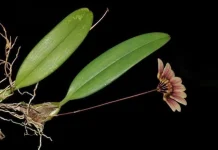
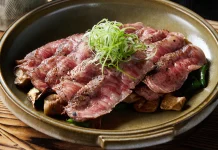
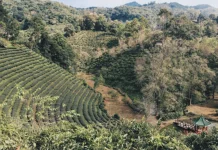





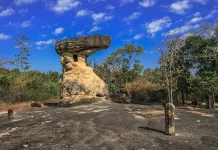
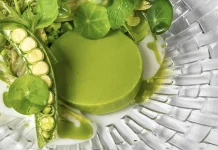
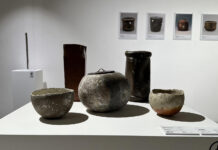
[…] >>Read more […]
Comments are closed.